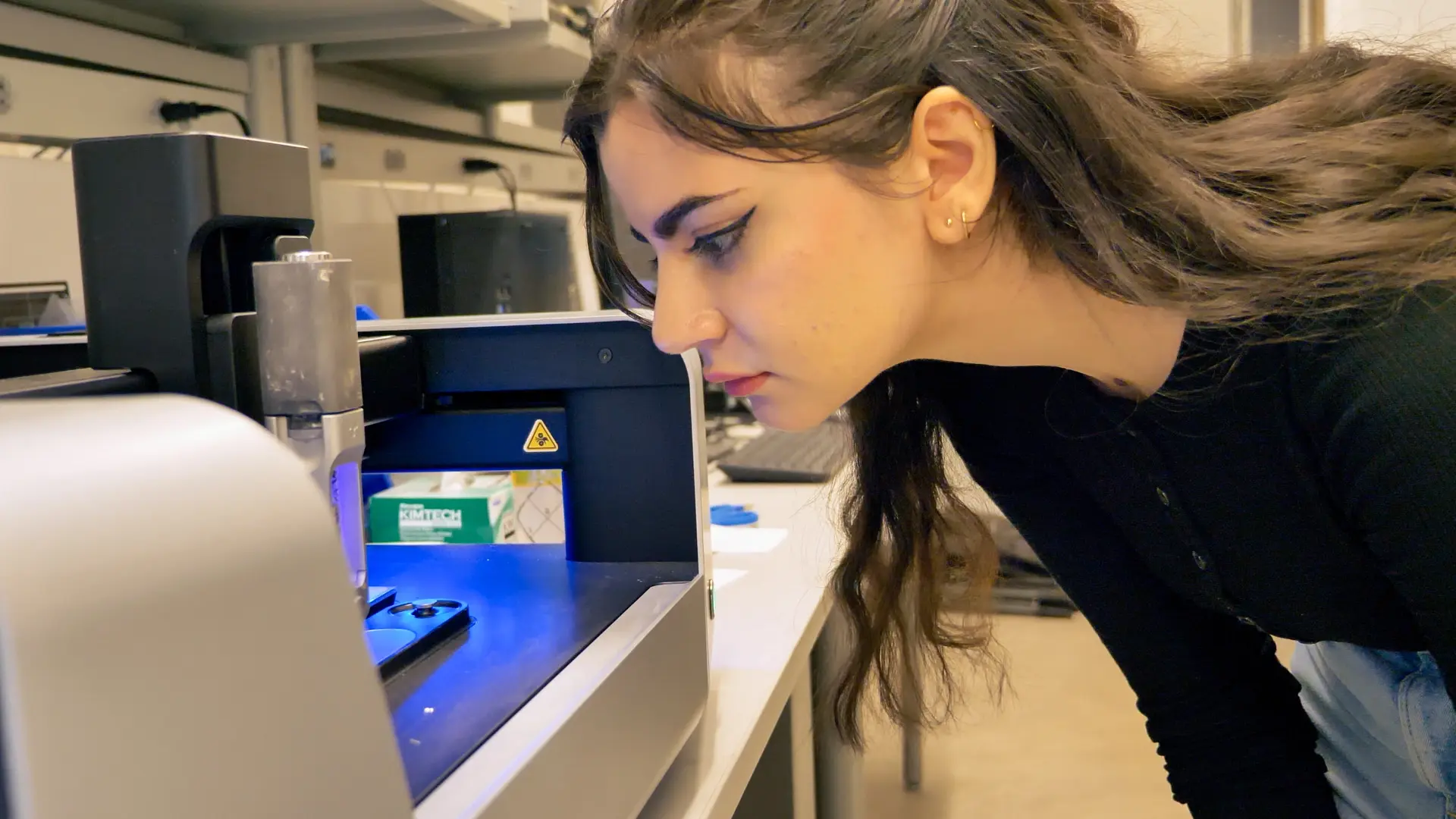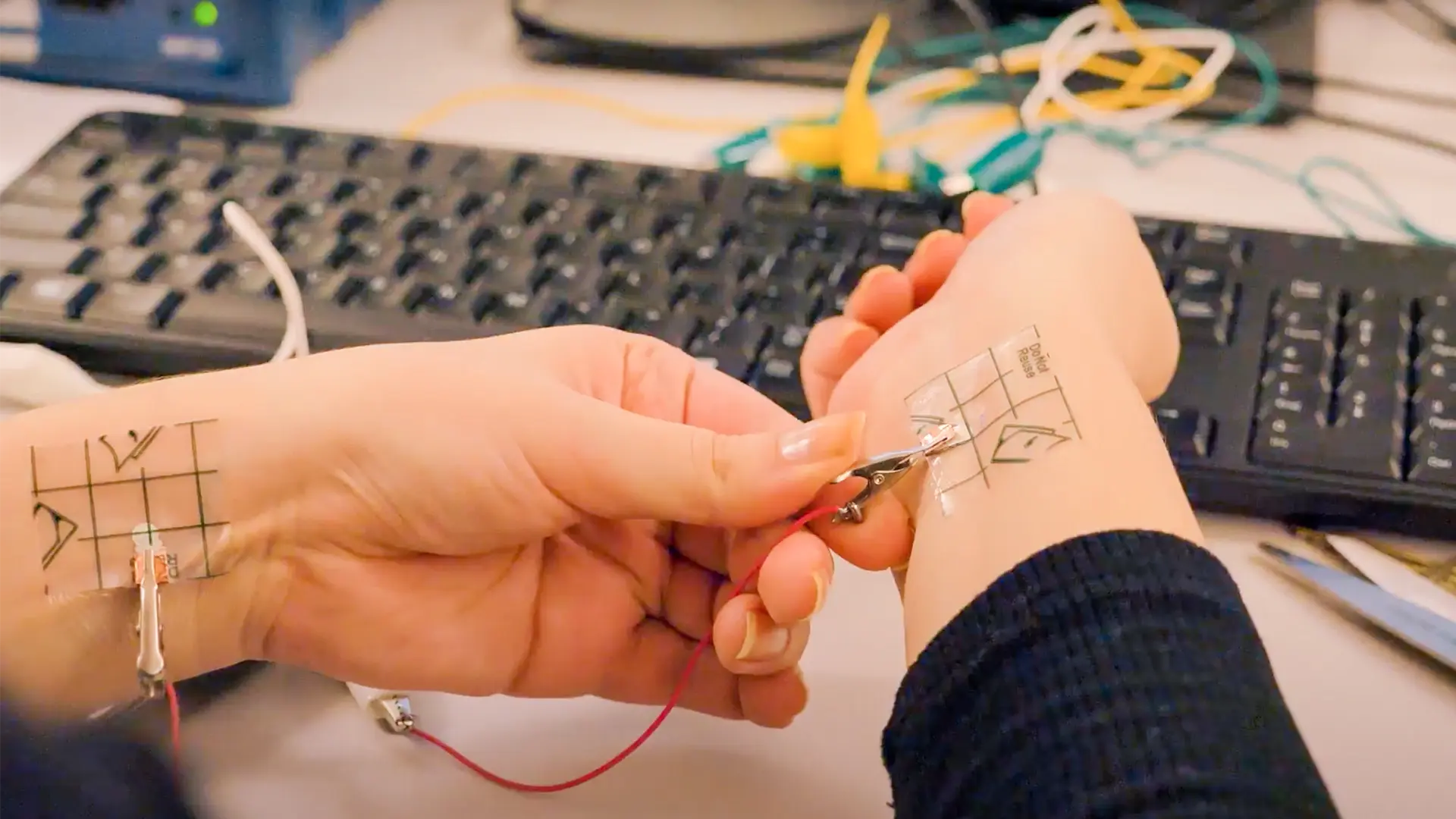Drilling! You Asked. We Built.
We’re so incredibly excited to announce the biggest update to the V-One platform to date.
Introducing the new V-One Drill!




When we first created V-One, we promised the world the simplest tool for creating prototype circuit boards.
In that pursuit, we’ve continuously improved our solderability, Gerber parsing, trace resolution, and much more. However, we were never content with our two-layer workflow, in fact, you weren’t happy either.
Since automatic drilling of through-holes for vias was our most requested feature, we decided to tackle this big project last year.
We had a few guiding principles:
- It had to be an attachment to the V-One, not a standalone product
- It needed to be ship-ready at launch (designed, certified, assembled, packaged, and beside the door ready to go out)
- The workflow had to live within our existing software and be as simple as our printing, soldering, and reflow workflows


Before we jump into what it can do, a few thank yous are in order. We are so grateful to our beta users emcniece, Pyrophreek, DhallMM, lkl_butte, cborn, and hbouzas for their meticulous feedback and constant excitement. You made working on this project so fulfilling!
The old method
In the past our users would need to drill the holes manually on a drill press or Dremel press. This was especially difficult for headers or any other component that required precise spacing between holes.
Once the holes were drilled, they would have to be filled with ink by hand. This was… finicky.
The new method
- As usual, mount your board on the V-One and upload the Gerber files (including the Excellon .txt hole file)
- The software will guide you through drilling the holes and printing the top and bottom layers of the circuit
- Insert PCB rivets into vias to create the electrical connection
- As usual, dispense solder paste, add components, and reflow the board
Does it work?
Yeah, we know… the drill is so small and cute (yes, you can describe lab equipment as cute!). That doesn’t mean it lacks power or precision.
It runs a custom 13,000 RPM, externally powered motor that is surprisingly quiet and it only has 0.076 mm (0.003") of runout.
What’s in the box*?
- Drill attachment and power cables
- Drill bits: 0.70 mm, 0.80 mm, 0.90 mm, 1.00 mm, 1.60 mm (2 of each)
- Safety goggles
- Sacrificial layer (to prevent drilling into the heated bed)
- FR1 substrates: 2" x 3" and 3" x 4" (pack of 10 and 6 respectively)
- Rivets: 0.4mm and 1.0mm inner diameters (approximately 200 of each)
- Rivet tools: 0.4mm and 1.0mm (1 of each)
* As of January 2024, the drill attachment ships in the same box as V-One. It no longer ships separately.


For something so physically small, this was actually a very challenging product to design. In our next post we’ll walk through the design process, new manufacturing techniques we used, and lessons learned.
Stay tuned!

Check out our Customer Stories
Take a closer look at what our customers are doing in the industry.
